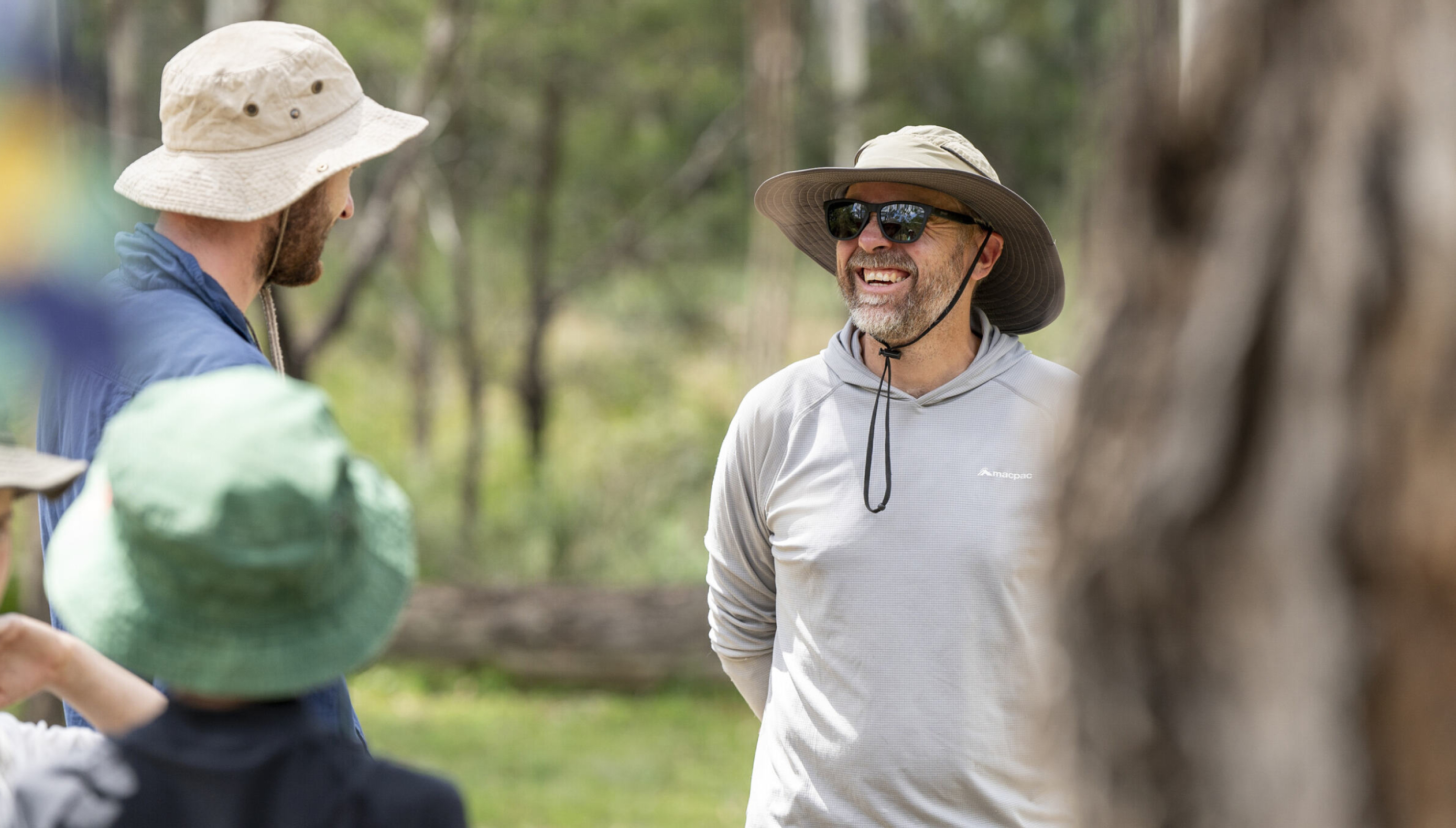School camp programs have long been an integral part of the Australian education system, offering students unique opportunities for personal growth and learning outside the traditional classroom setting. Especially now with the rapidly growing pressure and emphasis on academia.
Among the many factors that contribute to the success of camp programs, teacher involvement plays a critical role. In this article, we'll explore the many ways in which teacher involvement shows up in school camps, focusing on the benefits they bring to both students and the overall program. From safety and learning outcomes to emotional and social development, teacher participation enriches the camp experience in numerous ways.
THE ROLE OF TEACHERS IN SCHOOL CAMPS
We can’t have a conversation about school students without discussing the value of passionate teachers at the very heart. Similarly, at the centre of every school camp program in Australia, you'll find dedicated teachers who work tirelessly to ensure students have a safe and enriching experience.
In a camp program, their role goes far beyond that of a traditional educator, encompassing responsibilities that significantly impact the success of the entire program.
In a previous article we discussed methods we used to create an environment of emotional safety within the camp environment, and often a piece of that is familiar teachers to help uneasy students settle into unfamiliar and sometimes challenging new spaces.
Teachers also bring a wealth of background knowledge about the students themselves - their strengths, weaknesses, trigger points and passions and at times when students struggle to communicate their feelings, teachers can be an extremely valuable bridge for our outdoor educators. This is a game-changer when we consider challenges presented to students that are out of their comfort zone. It is much easier for a student to believe they are safe when reassured by someone they know and trust.
ENRICHING THE PROGRAM
In the same way we don’t expect teachers coming along to camp programs to be experts in outdoor education, our team is not designed to be experts in the current curriculum that each student is learning in a given year. Given the breadth in age and ability of students coming through our programs, it would be impossible for that responsibility to rest with one side or the other.
Beyond their influence on students, teachers bring a unique dimension to school camps that significantly enrich the overall program. Their expertise and understanding of the curriculum are invaluable assets that can tailor camp activities to align seamlessly with classroom learning.
We see it time and time again - teachers gain some curiosity and excitement about the outdoor learning environment and they cannot help but join logical dots between what the class has been learning in the classroom. This extends through to when the program has ended and experiential practices or shared experiences find their way into the classroom as well.
COLLABORATION BETWEEN TEACHERS AND CAMP STAFF
School camps are not just about academic growth; they also provide a platform for students to develop emotionally and socially. Teachers play a vital role in fostering a sense of security and comfort among students, enabling them to build critical social skills and form lasting friendships.
To create the best possible opportunities for this growth in students, effective collaboration between teachers and camp staff is paramount for a successful school camp. Communication and coordination between these two groups ensure that the camp runs smoothly and meets its educational goals but also provides the perfect blend of care, support, education and facilitation.
Tips to help the collaboration mostly revolve around communication - both as humans and as educators. Sometimes sharing passions, goals set by the school and opening up discussion about them can be key to finding some common ground. When more challenging behaviours arise in students, teachers will often have insights and strategies for management and motivation.
Once this effort has been made, mutual respect for each other's field of expertise can be established allowing leaders and teachers to lean on one another for support over the course of the program.
